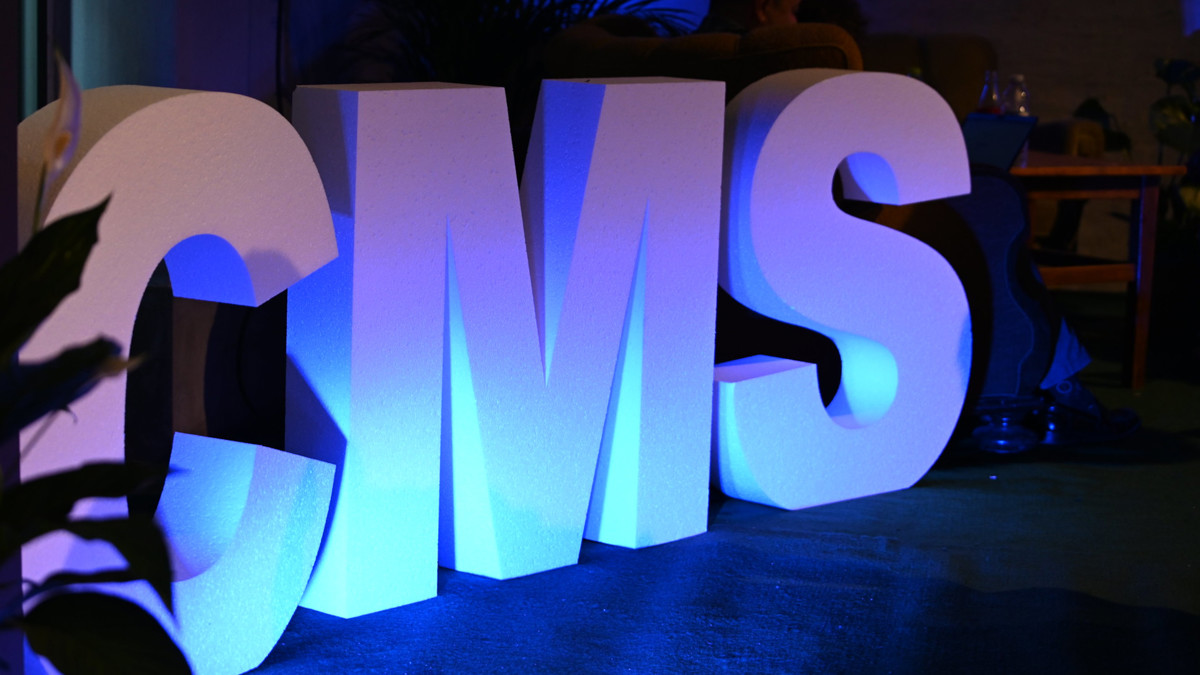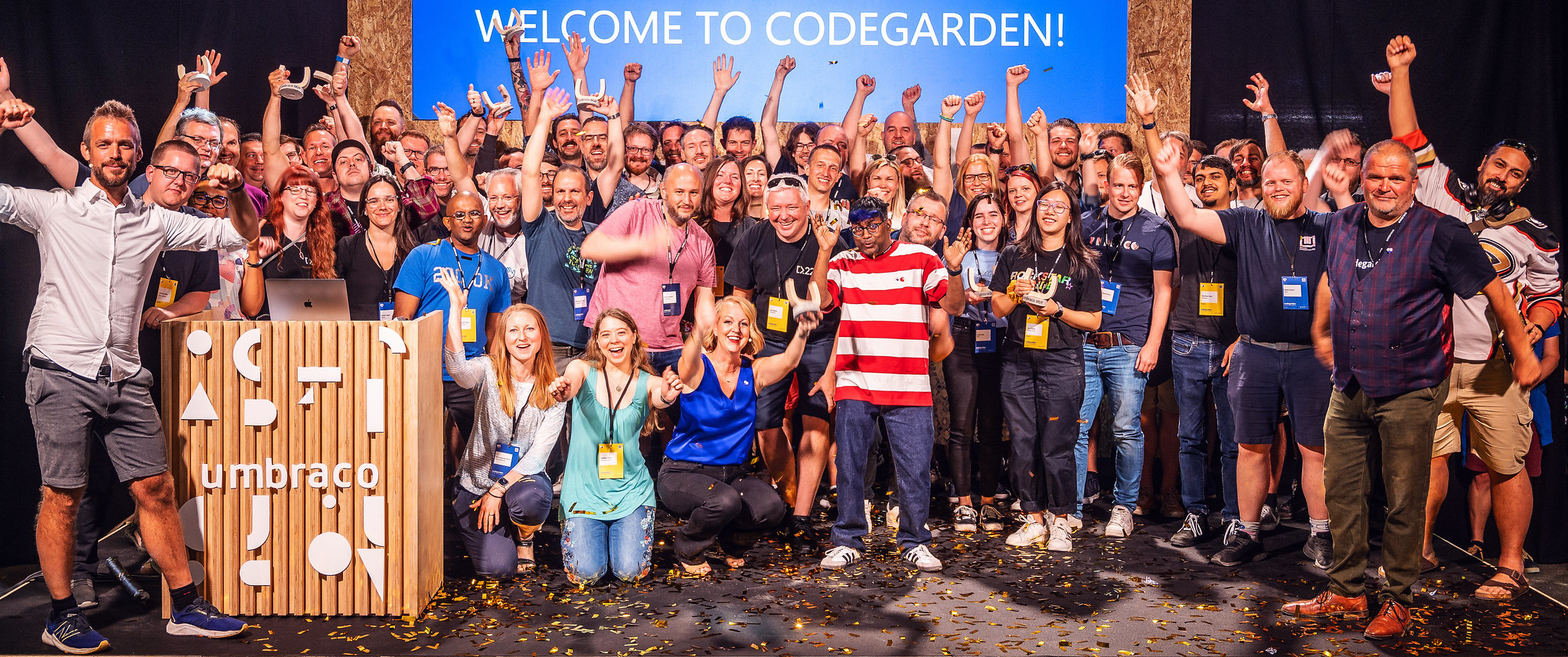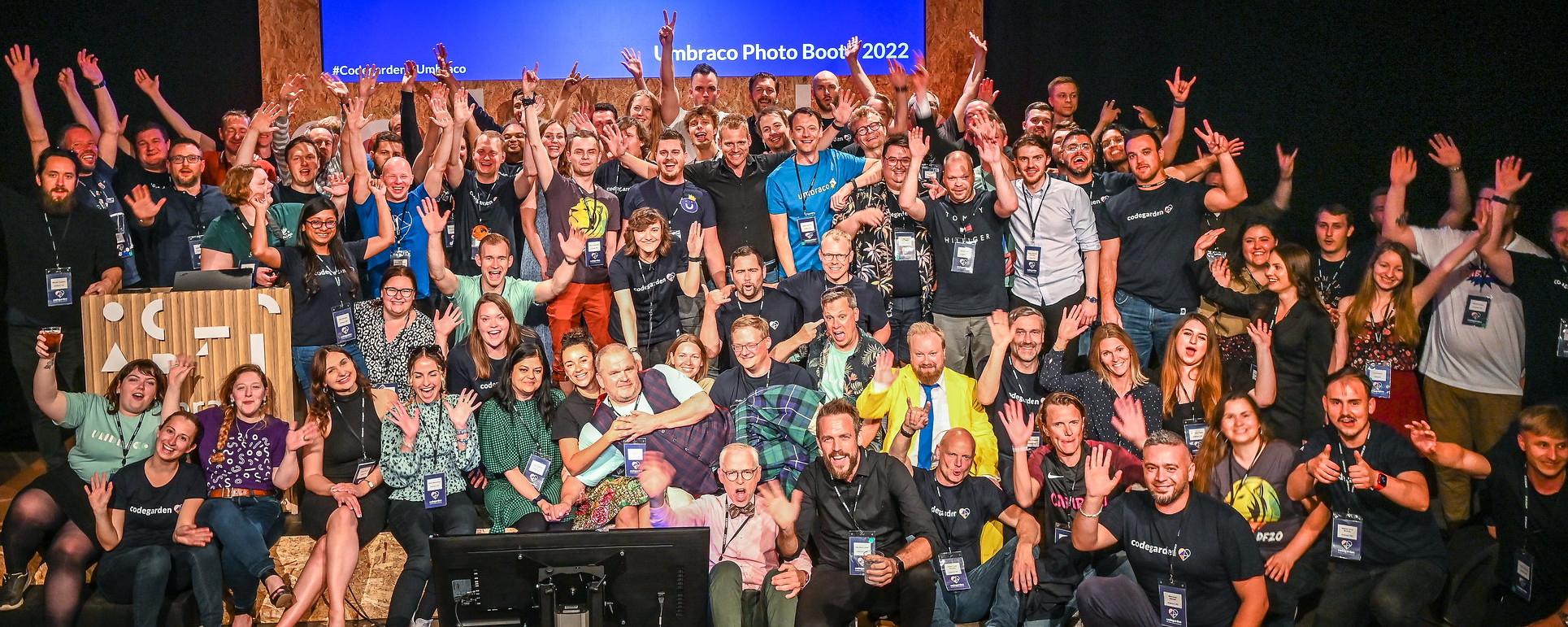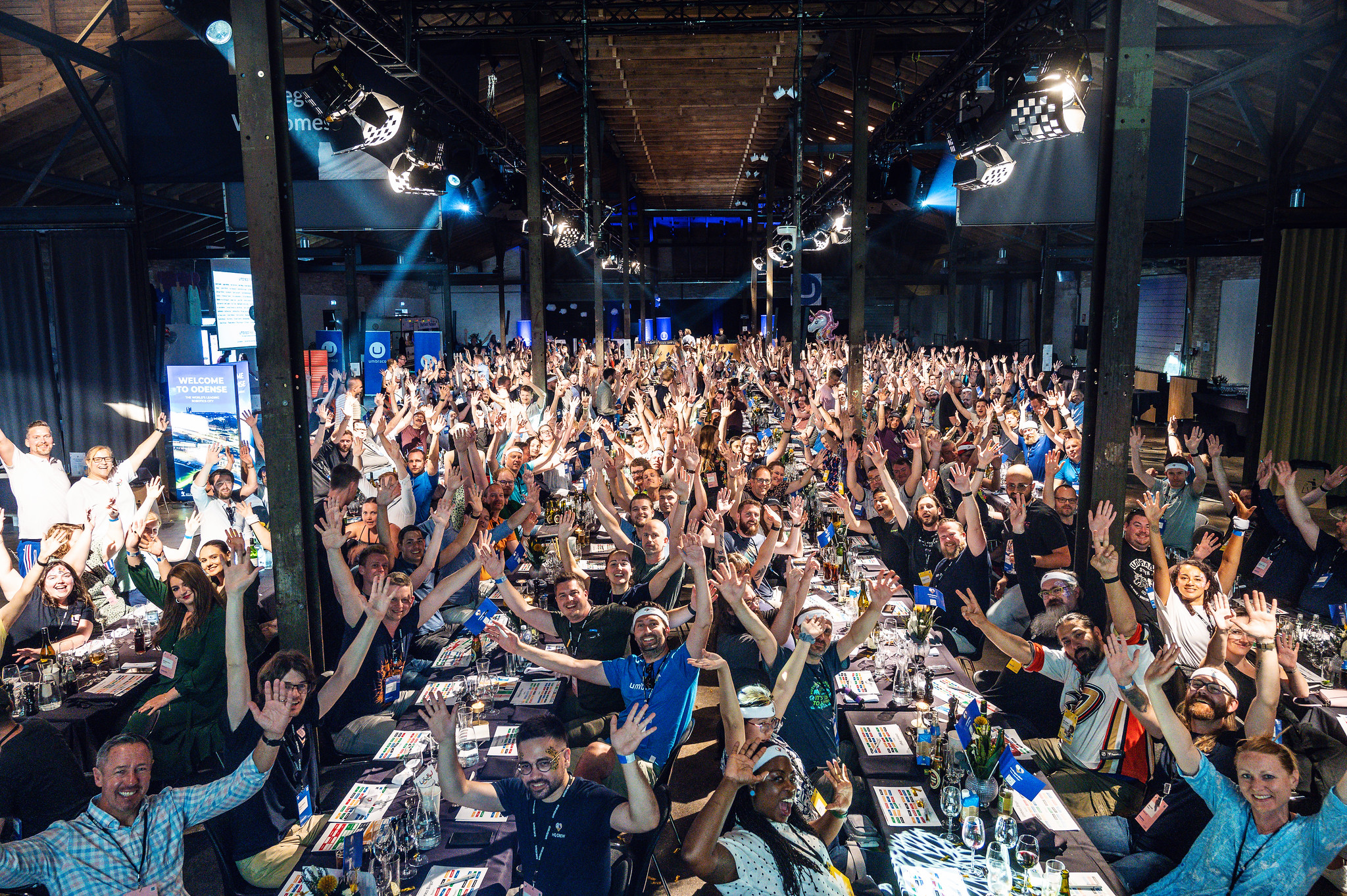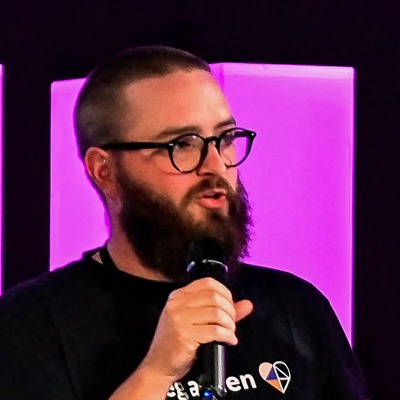“Umbraco” the community
The first Codegarden in 2005 is our first indication of the beginnings of the Umbraco Community and it’s grown hugely from there. Communities often form around open source projects as people from across the world problem-solve and learn together to produce something that benefits themselves and other users, all with a shared philosophy for free (as in beer and as in speech) software. But I’ve heard Emma Burstow, Director of Developer Relations at Umbraco HQ, proudly state that people refer to Umbraco as “the one with the community”, which surely shows we have something special going on!
The Umbraco Community is also set apart from other software communities because of who make up our community. In a recent conversation with Carl Sargunar, he pointed out:
“Very unusually Umbraco isn’t a community of developers, it’s a community of people who use the platform”
The Umbraco Community is so much more than the occasional developer making the odd code contribution - it’s a lifestyle choice! And I only mean that partially as a joke! Codegarden, community-run conferences, unconferences, meetups, gaming sessions, social media, podcasts, a whole digital magazine, a federated social network instance, and even daily Wordle-sharing mean we’re never far away from our friends in the community.
Although largely developers, the community very actively includes agency owners, account and project managers, CMS administrators, end users and Umbraco HQ employees - the Umbraco Community is more about the lifestyle surrounding Umbraco than the code.
Repeat offenders contributors are acknowledged by Umbraco HQ through the MVP programme.
Umbraco community members call each other “Umbracians” (um-brak-ians or umb-raishe-ans).

